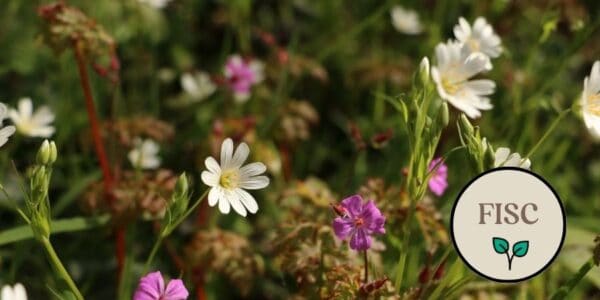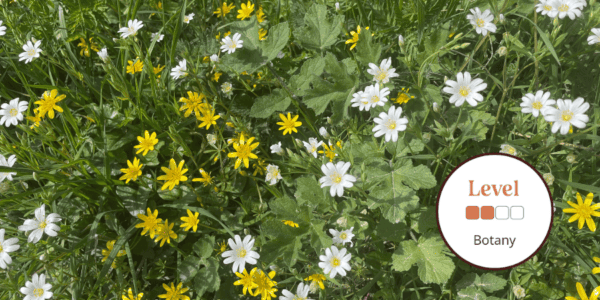Build your understanding of botanical anatomy considering the structure and function of leaves, flowers and fruits and seeds, germination and flower fertilisation in this intermediate wildflower course.
With over 1600 species of wildflowers in Britain and Ireland, to make an accurate identification it is important to look at key morphological features.
This course will cover:
- Leaves
- Flowers
- Fruits and Seeds
*Please note that this is not a species identification course.
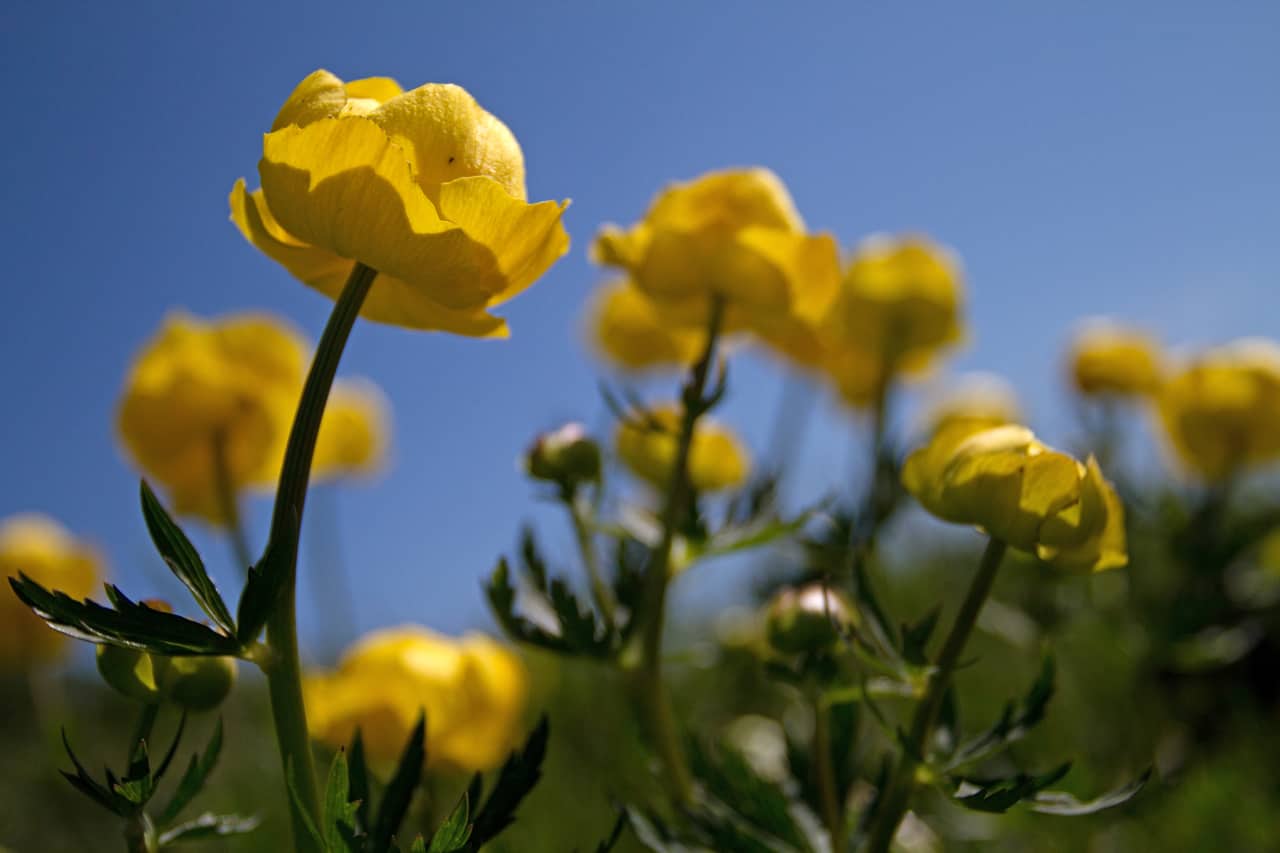
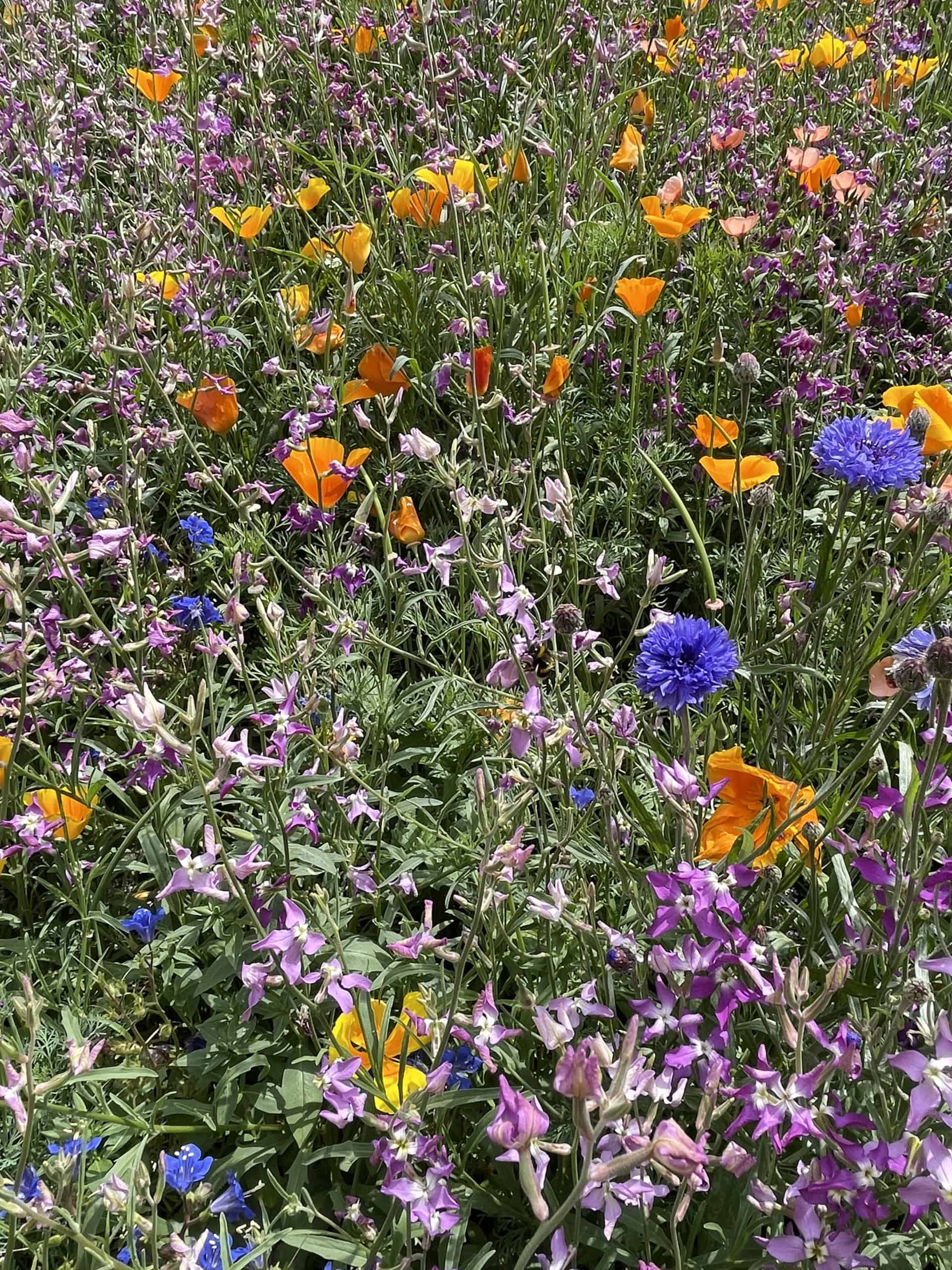
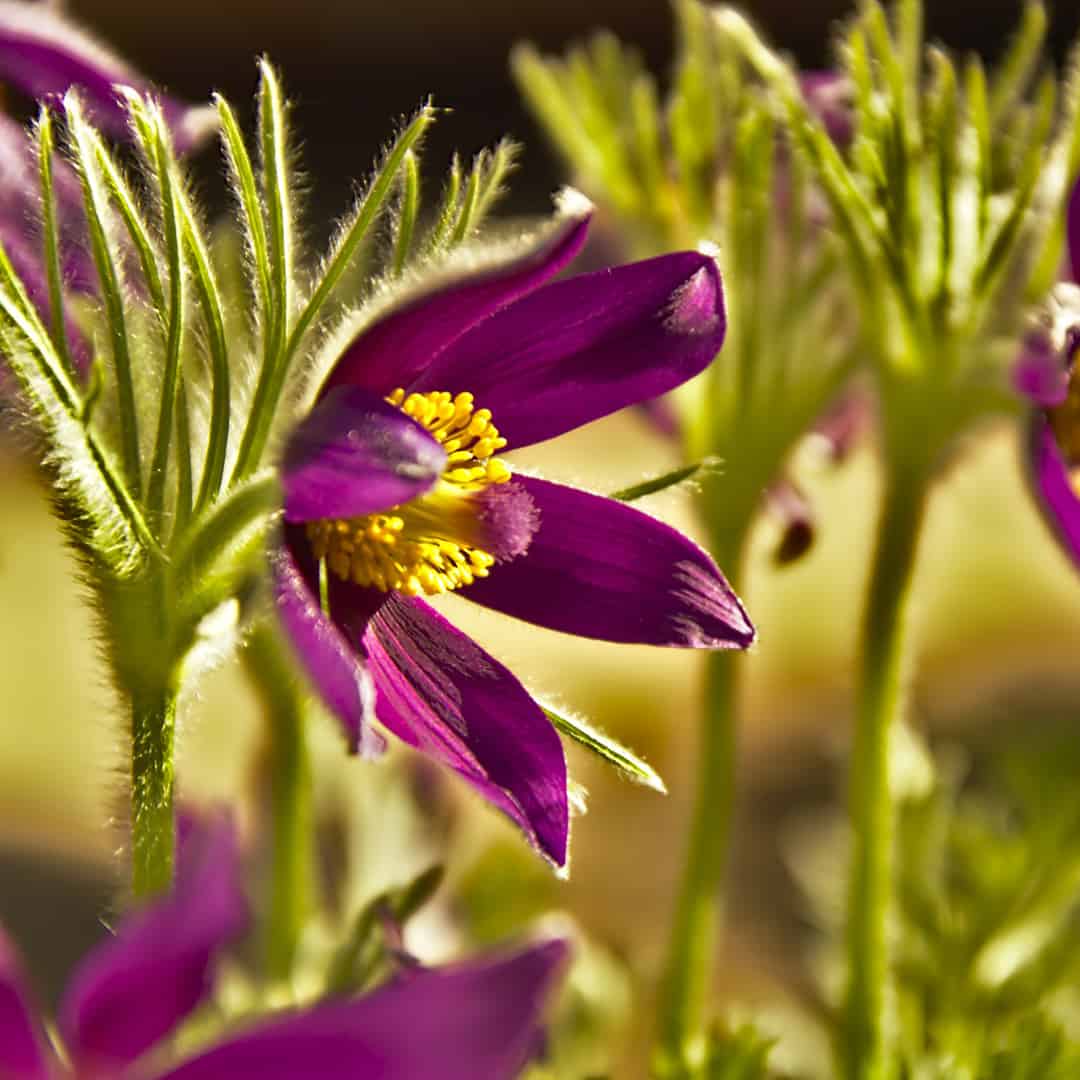
Read More
This intermediate course will build on your existing understanding of botany and equip you with the skills to recognise more key morphological features needed for plant identification, including the arrangement of parts, groupings of fruits and the processes of double fertilisation and germination. This is the perfect course for those wanting to build on their botanical knowledge and gain more of an understanding of the processes that occur within vascular plants.
This level course is next in the series of our Wildflower framework and is a perfect progression from our level 2 Discovering Botany online course.
This is a 3-week online course covering 3 topics, for which you will complete a variety of self-led online resources and activities. Each topic is then concluded with an interactive Zoom workshop or a marked assignment to complement the online content. Time commitment is approximately 2-3 hours a week and an E-certificate is provided upon completion.
Who Should Attend? – Nature enthusiasts, students, rangers, early career ecologists.
Knowledge Level – Intermediate. Level descriptors can be found on the following web-page: Framework and Course Level Descriptors
Prior Knowledge – An understanding of plant parts is required for this course. We would recommend learners first attend Discovering Botany.
Please note – bookings will close 2 working days before the course start date to allow for all participants to be enrolled to the online platform – bookings will not be taken after this time.*
*Bookings will close sooner if course capacity is reached .
By the end of the course, you will be able to:
- Classify species based on leaf characteristics such as simple / compound leaves, arrangement, and morphology (overall shape, margins, tips & bases, and venation).
- Identify the more inconspicuous parts of a flower head and compare some different examples that show the diversity of arrangement and form.
- Identify a range of different fruit types (simple, compound and accessory), and understand seed structure and germination.
- Share this knowledge with friends, family and fellow volunteers.
Understand how our online courses are delivered here.
Live Webinar Information
There are 2 webinars and one assignment to be completed as part of this course. Please see the timetable below for the day and time.
Please note – webinars will be recorded and uploaded to the virtual learning platform for learners unable to attend.
About the Tutor
Karen Van Oostrum
Karen van Oostrum has a love of plants and the environment, underpinned by a solid understanding of plant adaptability, physiology and genetics. A Biology graduate of Oxford University with a Ph.D. in wheat genetics, Karen was Head of Education at Cambridge University Botanic Garden from 2006 – 2012.
Karen specialises in: running taster courses for adults in Botany, Microscopy, Genetics and Plant Breeding; and supporting the teaching of plant science in Primary Schools.
Example Timetable
Example Timetable
Week 1: Leaves
Self-study material made available
Week 1 live webinar
Week 2: Flowers
Self-study material made available
Week 2 Marked assignment
Week 3: Fruits and Seeds
Self-study material made available
Week 3 live webinar
Please check your course information for the final deadline to complete any outstanding assignments and self-study components.
Time commitment: This course will require approximately 2-3 hours of your time each week. This includes covering course materials on our Moodle learning platform and the Zoom session.
What's Included
The course has been carefully created to help you continue to build and develop your knowledge as the course progresses. With content bespoke to the Field Studies Council crafted and uploaded to the online Moodle platform.
The course includes:
- 45-minute interactive Zoom workshops to connect with the tutor and other participants
- Expert tuition for which the Field Studies Council is renowned
- Activities to work on independently in advance of each Zoom workshop
- Tailored course completion certificate
Once registered, you will follow well-illustrated, user-friendly ’books’ to pick up knowledge. Quizzes and skill checks will give you instant feedback on your learning. Forums give you the chance to interact with other learners as well as a place to share work.
Bursaries and Subsidies
Student Discount
This course is eligible for a student discount. If you are a current student, please use discount code BioStudent20 at checkout for 20% off all Biodiversity courses.
Natural History Bursaries
There are a number of natural history bursaries available to help with the cost of your course. To find out if you and your chosen course are eligible, read more here.
Before You Attend
An understanding of plant parts is required for this course. You may wish to complete Discovering Botany before attending this course.
Accessing Your Course
- Once you sign up you’ll receive an email at least 24 hours in advance of the course opening with details of how to access our easy-to-use platform, Moodle.
- Moodle can be accessed through a browser or an app.
- Webinars are via Zoom so you won’t need any new software to attend.
Recommended Devices
It is recommended that you access your course through a PC or laptop. Please be aware that there will be reduced functionality if you decide to access the course through a tablet or smartphone. The Field Studies Council is unable to email content directly to you.
Opportunities to attend this course
-
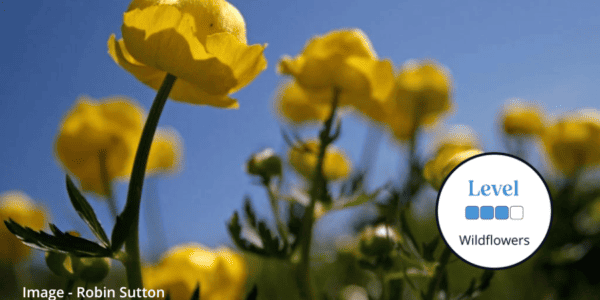
Wed 29, May 2024 - Wed 03, July 2024
The webinars will take place on Wednesdays 11:30 am – 12:15 pm on the following dates:
- Week 1: 29th May 2024
- Week 2: assignment set
- Week 3: 19th June 2024
-

Mon 02, September 2024 - Mon 07, October 2024
The webinars will take place on Wednesdays 14:30 pm – 15:15 pm on the following dates:
- Week 1: 9th September 2024
- Week 2: assignment set
- Week 3: 23rd September 2024
No current dates for this course? Click here to view all the upcoming Natural History courses.
Progress Your Learning
This is a training course from the Field Studies Council, delivered by expert tutors with an approachable learning style. After attending this course, you may like to progress your learning with further relevant courses or branch out into other areas of natural history. The Field Studies Council offers both online and in person courses, so you can choose the learning style that suits you best.
The course gives you the opportunity to immerse yourself in a new subject and acquire novel skills. Our online portal gives you time to study at your own pace and fit the lessons around your own schedule.
If you have any questions about our online courses please check out our Frequently Asked Questions or email [email protected].
Group Bookings Made Easy
If you have a group of 10 or more individuals wanting to complete one of our courses, our team are available to discuss your options – from discounts to private team courses. Find out more!
You can rest assured that the absolute best content from an expert in environmental education will be at your fingertips. In choosing a Field Studies Council course, you will be joining thousands of people who learn with us each year.


